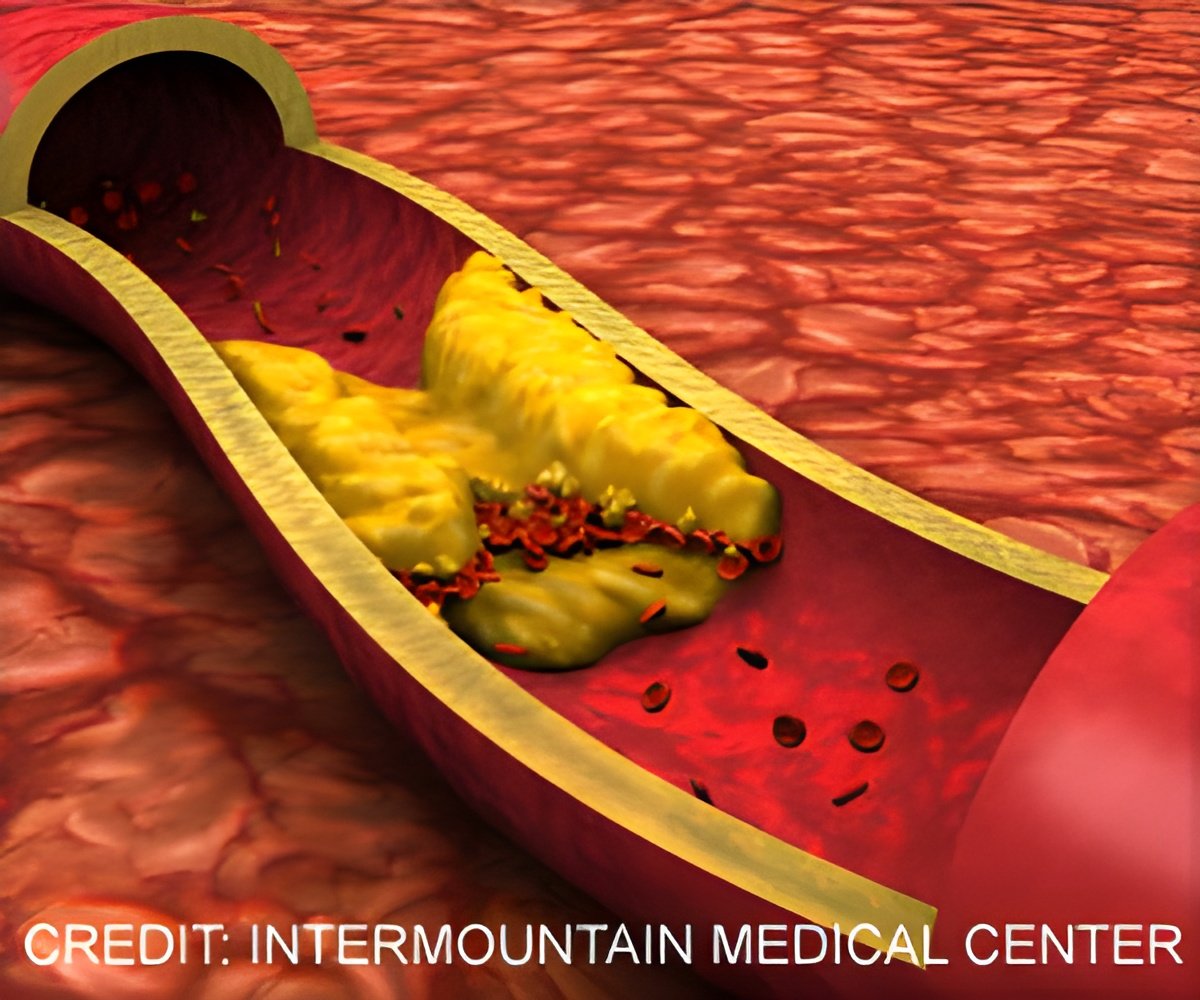I was parked on the street in front of a cute little bungalow about to meet my real estate agent one fine summer afternoon. We were scouting out homes for a pending move my husband and I had decided to make in an effort to downsize. I was just swinging open the driver’s side car door when I saw a blue blur of a car race past me, ripping it right off the hinges as it went. Had I been swinging my legs to get out, they would have been gone too, along with the car door. Fortunately, that did not happen.
Panic attacks stink.
But in that millisecond, between seeing the blur and comprehending what had just happened, my body went into action. My pupils dilated to improve my vision. My peripheral vision sharpened to perceive the approaching car. My hearing became more acute to register any relevant sounds. My blood flow was redirected to my skeletal muscles to ready for a quick escape. My heart rate increased to pump enough blood to my vital organs. My blood pressure increased, and my breathing accelerated to aid my rapidly circulating blood so it could reach my organs. My muscles tensed–ready for life saving action. And my liver released sugar into my blood to provide the energy boost my muscles needed, and to power up my brain and heart. In other words, I panicked.
This was real time limbic system activation. It was a stellar example of my body doing its best to protect me. This was no false alarm. These changes are all the normal responses of a healthy body in an emergent situation.
Panic Attacks Are Automatic
And it was all automatic. I did not have to think it, will it, instruct it, order it, nor command it–to save my life–or at least my little short legs. My life was literally in the hands of my brain and limbic system coordinating and directing all of the efforts of my mind and body in a split second.
So what is happening when you have a panic attack with no apparent cause?
Why Do I Get Panic Attacks For No Reason?
Panic attacks are provoked when the brain is tricked into thinking that you are in danger. Your brain, in simply doing its job, which is to protect you, has the same response even when the alarm is a false one. It stores anything and everything from birth to now that it believes may harm you. It doesn’t know the difference (in terms of the instantaneous response) between what will really harm you, and what you think might harm you! When your brain expects imminent danger, even with no apparent trigger, a “switch” is flipped in your amygdala that triggers a cascade of reactions that are your panic response. Most often it will fill you with thoughts and lightening quick interpretations, as well as emotional responses, of what the event means to you.
But–the event is not the story. What do I mean by that? What actually occurred is not the same as what you are telling yourself about what happened. And, it is also not the same as what you are telling yourself about what might happen.
The event is not the story.
Your Panic Response
- Your heart may start to beat more rapidly, even feeling as though it is pounding out of your chest
- Your stomach feels really nervous, or tightens, and often makes you feel nauseous
- Your skin may start to feel hot, or you may begin sweating. Or–you may start shivering.
- Your breath may become slightly labored and shallow–as if you couldn’t catch a good breath
- You might get dry mouth
- Your hands might feel cold, sweaty or numb
- Your chest, neck or shoulders may feel tight since you have automatically tensed up as if to fight
- Your stomach muscles contract and blood flow to your core is decreased, preparing you to fight or flee
These are all exaggerations of a normal response due to the story you are telling yourself about what might happen. You are often exhausted after an attack, and the “fog” in your mind has trouble dissipating. It is hard to think clearly. Your mind may feel jumbled. You may need a nap. All due to your brain responding to a habitual false alarm to an event you think MIGHT be harmful, but isn’t, not really.
If you are ready to learn how to manage these false alarms, whether they are social anxieties you have, or other scenarios your mind may have clung to as true, I can hep you change these patterns, and manage your responses more effectively. These three truths about your panic and anxiety may help convince you. I hope they do, because living with panic attacks is no picnic.
Three Truths
- You can trust that your body will perform, unconsciously, the necessary actions in a true emergency.
- When your anxiety grabs hold, and flips your amygdala’s emergency switch, tricking you, it is possible to learn how to consciously reduce the level of the high emotions you are experiencing.
- With practice, and some coaching, you can consciously mitigate the panic you feel.
If you are ready to learn how, I am here in your neighborhood and ready to help you do this work. Contact me here.



